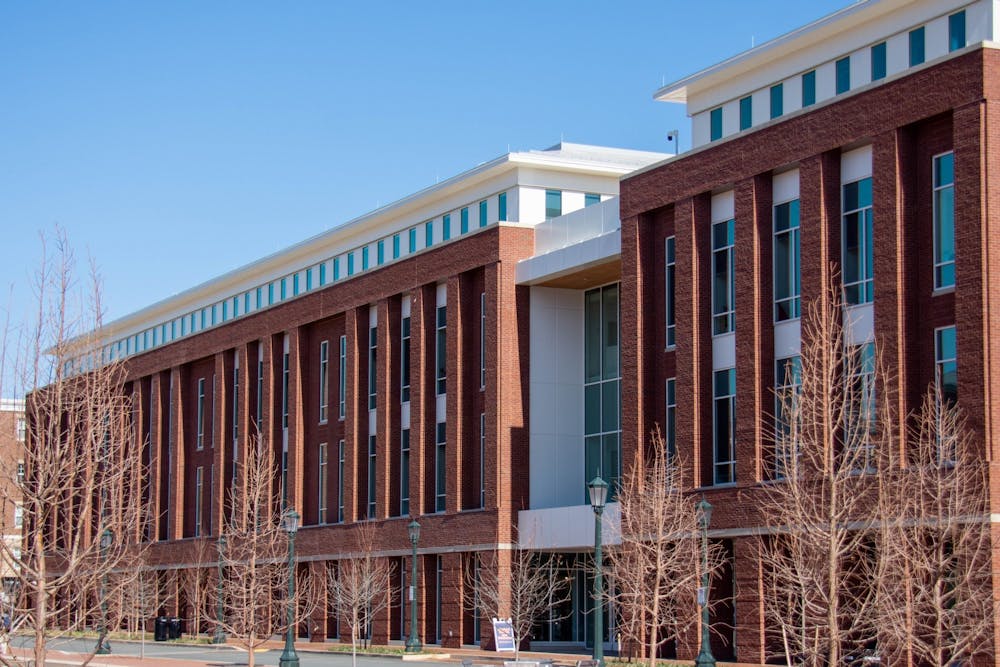Every time I have gone to Student Health for an appointment or to pick up medications, I have had a positive experience. That is, until this semester, when I opened my email and became one of the 100 million Americans with medical debt. A little over $600, to be exact. To some this may appear laughable, especially when 3 million Americans have over $10,000 in medical debt. However, at least for me, $600 is a fifth of my semesterly income. Medical debt unduly burdens Americans and even students here at the University. While more comprehensive and systematic change is needed within the medical system, two short-term solutions are an increase in medical dissemination — the effective communication of medical information — and the reduction of medical debt.
Fortunately, my medical debt is a one time payment which is not always true for say, those with a chronic illness. My personal situation resulted from the lack of necessary provider-to-patient medical dissemination. My provider suggested I do some lab work, to which I obliged, the process was simple and I received my results quickly. The medical debt came a few days later and left me perplexed. I had read the terms of my insurance with the knowledge that certain lab work would have an out-of-pocket cost. I had not been told the cost before the lab work or told the exact name of the labs so that I could look them up. Had I known, I would have elected against doing the lab work. In addition, the labs I had done were not even listed on the list of labs that require an out-of-pocket cost.
Frustratingly, this is not even the first time I have been saddled with an out of pocket medical debt. Because out-of-state Medicaid is not viable in Virginia, I had to acquire the Aetna Student Health Plan through the University. When I went back home for my yearly eye check-up, my primary insurance was accidentally listed as Aetna in my file instead of Medicaid. I have never before paid anything out of pocket with Medicaid. However, once providers know you have a marketplace insurance plan in addition to a government issued one, they will charge the marketplace one first. I had to pay $300 for my visit, and was even issued a threatening letter that I would be taken to court if I did not pay the cost.
This is all part of a bigger, messier problem in this country. Unfortunately, while I and many other Americans see healthcare as a right, there are legislators on both national and state levels voting against reducing the burden of medical costs. For instance, while congressional officials debate whether or not to cap the cost of a drug like insulin — for the fear that doing so could stunt medical innovation — people are dying. Fortunately for some, medical debt is a one time payment. However, for those with chronic illnesses, this becomes a recurring burden. While medical debt disproportionately affects those with chronic illnesses, up to 41 percent of Americans have had medical debt. Two-thirds of Americans even cite medical debt as their number one reason for filing bankruptcy. In addition to the cost of medications, medical debt can encompass a range of things from an accumulation of medical visits, testing and immunizations. Even the cost of routine blood-work — which is standard medical practice during yearly physicals — is severely inflated, and insurance companies benefit from keeping it that way.
So why is medical dissemination important? Well medical facilities talk to insurance companies and the patient gets lost in the middle of it, but is saddled with the monetary costs. Medical facilities and insurance providers just expect patients to understand every legal nuance of their insurance plans — plans of which are often not written for the common man to understand. In fact, insurance companies want to deny people coverage to the extent that they legally can, and will write their plans to exploit legal loopholes. For people with pre-existing health conditions, this becomes an even larger problem. They face the burdens not only of the costs of testing and medications, but they can also be denied insurance despite the Affordable Care Act supposedly eliminating this restriction.
U.Va. Health also works under this exploitative system. Low-income students or those with pre-existing conditions cannot in good faith rely on U.Va. Health to be their primary medical provider. One reason is that the system must outsource resources and services that cannot be done in the center. This means that while health visits are free, lab work, medications, immunizations and other services often come with charges. Furthermore, Aetna Student Health Insurance pales in comparison to the services covered under Medicaid and Medicare. This is made worse by the fact that out of state students, whose primary insurance was Medicaid or Medicare, may not be eligible for that service in Virginia.
Right now national attention is on the cost of federal student loan debt, something that also disportionately affects low-income students. On the national level, the government must also make a plan to forgive medical debt. At the University, all student health services should be made free, or a stronger insurance plan should be offered. It is long overdue for the University and national government to recognize and help mitigate instead of contributing to the crushing burden of medical debt.
Yssis Cano-Santiago is an Opinion Columnist for The Cavalier Daily. She can be reached at opinion@cavalierdaily.com.
The opinions expressed in this column are not necessarily those of The Cavalier Daily. Columns represent the views of the authors alone.







